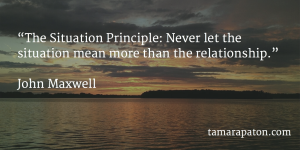

I’m about to join a new board. It’s a huge step forward for me professionally and I’m excited to make a positive difference for the company. And for the first time, I found the route to my new gig relatively smooth. A colleague recommended me one day and my name appeared in public disclosure documents a few meetings later.
Early days with any new team remind us how it feels to be the new kid in class. Everyone else knows the rules of the game. They have their favourite seats and the social hierarchy is clear. Unless someone takes the newcomer under her wing, it can take months to figure out the lay of the land.
To varying degrees, the same is true on boards. In most of my director roles, I had worked previously with someone on the board or senior management team. My point of introduction offered an informed perspective on boardroom culture and had my back as I found my feet. I didn’t rush to prove my worth immediately, because someone else had sung my praises before I even knew of the opportunity.
In the case of democratically elected boards, having a familiar face at the table may be unlikely or infeasible. Rather than recruiting in their own image, these boards defer to the judgment of the constituents they serve. Every year, the board composition Yatzee dice get jumbled and new directors must sink or swim in unfamiliar territory.
When directors serve as free agent lone rangers, boardroom culture can suffer. More than once, I have seen a new director start off with surprising swagger in hopes of staking his territory early. In my own work, I unknowingly irked management for the better part of a year with my pedestrian questions. And without a trusted ally at the table, directors may employ backroom politics to advance their agenda or secure their place in the hierarchy.
We can minimize or avoid these situations by partnering a new director with an experienced mentor. Although I’ve written previously about the value of a board buddy, mentorship represents a significant step further. By way of analogy, a board buddy serves as a co-pilot on a road trip, while a mentor is the vehicle’s telematics. The GPS, collision avoidance system, and satellite emergency response all work together to guide the new director safely and efficiently to her destination.
In practical terms, what do high-performing mentors do on boards? And how can we become one?
Mentor those who aren’t like you
We often gravitate towards relationships that offer a familiar sense of common ground. US Army officer Richard Farnell observes that mentors are more likely to support someone who appears to be a less experienced version of ourselves. If we are going to experience the promised benefits of boardroom diversity, however, we need to cultivate talent across a spectrum of sources. As an added benefit, doing so has made me a more empathetic leader, thanks to the new perspectives that I come to understand.
Create opportunities
A mentor once stepped aside from her role as a committee chair and guided me into the position. She remained on the committee to serve as a safety net, a support that I used a lot in the early days. On another board, my chair asks for my advice on board-level issues. Our conversations shift me into the chair’s seat without carrying the risk and responsibility of taking on the role.
One of my new colleagues has never served on a board. When he receives his first 500-page pre-read binder, it’s probably going to surprise him. To ensure that he’s not overwhelmed, I’ve offered to walk through the materials with him in advance of our first meeting. Highlighting key issues buried in the agenda can help a newcomer focus their time and questions on the high-impact topics.
Build character over competence
Venture capital investor and author Anthony Tjan emphasizes the importance of self-awareness and interpersonal dynamics:
“The best leaders go beyond competency, focusing on helping to shape other people’s character, values, self-awareness, empathy, and capacity for respect. They know in the long run that there is a hard truth about soft matters and that these values-based qualities matter a lot more than skill enhancement.”
Although it’s tempting to boost the relevant “hard” skills, boards need thoughtful, values-driven leadership more than ever. I’d rather see a new director embrace and shape an organization’s values than see him build the skills needed to “out CFO” the CFO.
With thoughtful support, a new director can hit the ground running. The board will soon wonder what it did without the newcomer and will marvel at how quickly the individual made an impact. Investing time and energy up front can help a colleague and ultimately shift the culture of the entire board.
Thank you for reading! If you found this post useful, please share it with others in your network. Doing so helps my work reach others and would mean so much to me.








